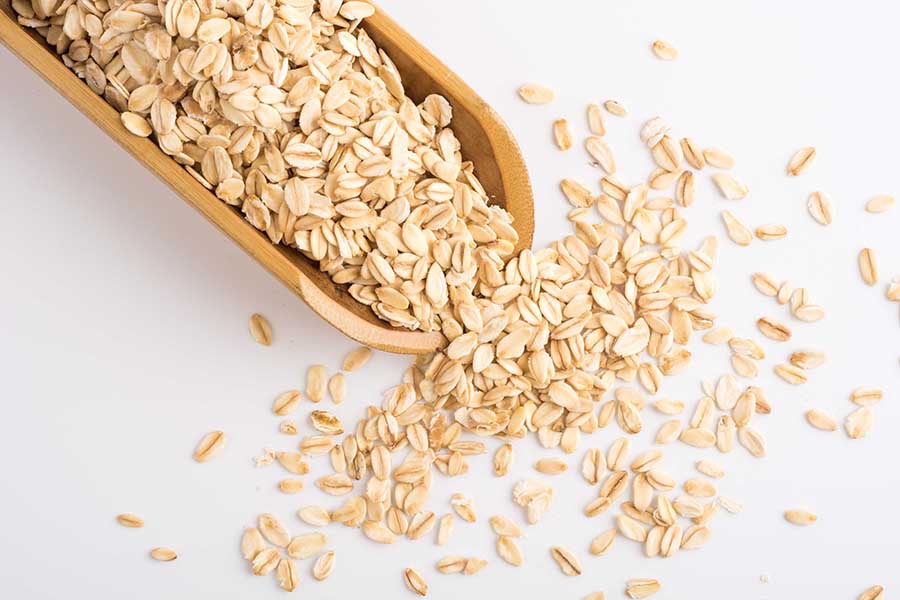The theory of quality calories
In a study by the Department of Public Health, Harvard University Medical School, where 120,000 healthy women and men were studied over 20 years, it was found that the regular consumption of low quality foods, such as processed foods and sugar-rich drinks, was associated with weight gain.
In contrast, the foods associated with weight loss were vegetables, fruits, nuts, yoghurt and wholegrain products. A plethora of research subsequently showed that healthy foods not only helped with weight management, but also with achieving good health, leading to the theory of quality calories, which places greater emphasis on diet quality.
Simply put, contrary to the older belief that simply the calories we take in should be equal to the calories we consume every day in order to maintain a healthy body weight, study evidence has shown that the quality of the calories we take in every day through our diet is important for good health and weight control.

The "healthy dish"
The theory of pasty calories uses the "healthy" plate as its main focus, proposed by Harvard University Medical School, which shows us what a complete and healthy plate should ideally contain.
More specifically, it should include:
- Season vegetables
- A healthy source of protein, such as fish, chicken, legumes
- Olive oil as a basic fat in food and cooking
- Fruits of the Season
- Plenty of water
- Choice of whole grain starchy products, such as brown rice
- Tomato and vegetable sauces instead of animal sauces
- More herbs and vegetables instead of salt

The practical application in our daily diet
The question that arises after all this is how the theory of quality calories could be applied to our daily diet
- We make sure our breakfast calories are between 200 and 400. An ideal choice is the νιφάδες βρώμης ολικής άλεσης χωρίς γλουτένη
- We use black ψωμί αντί για λευκό
- We upgrade the quality calories of the snack μας
- Include lots of good fats in your meal, such as avocado, tahini, flaxseed
- Adding seeds and nuts to your daily diet
- Add a fruit
- Avoid frying.





